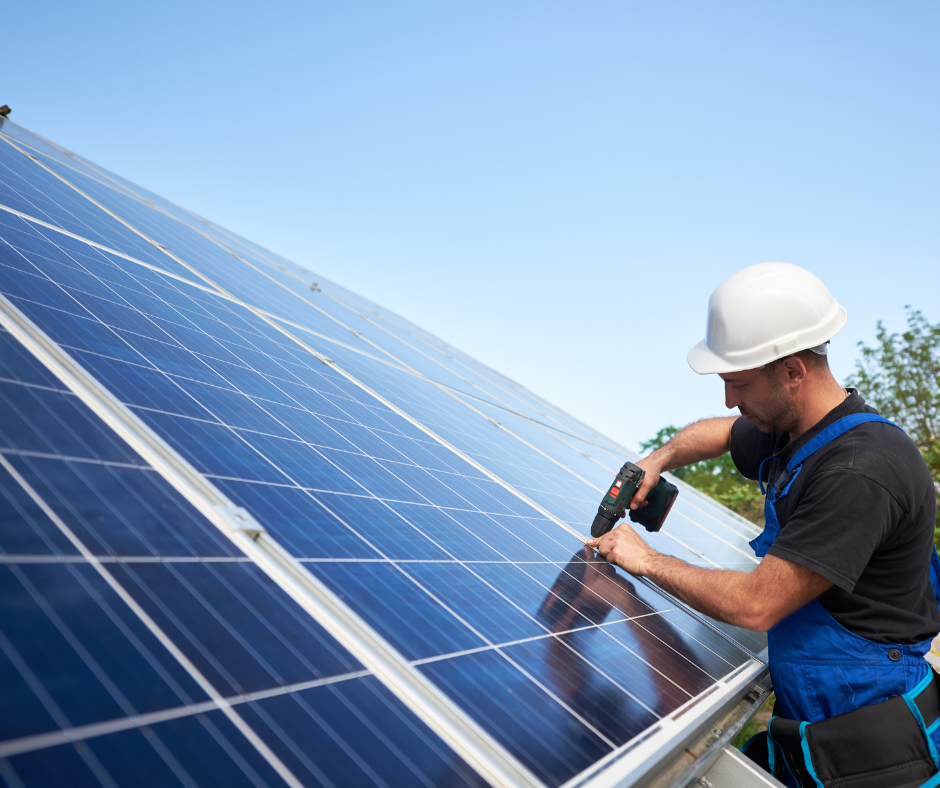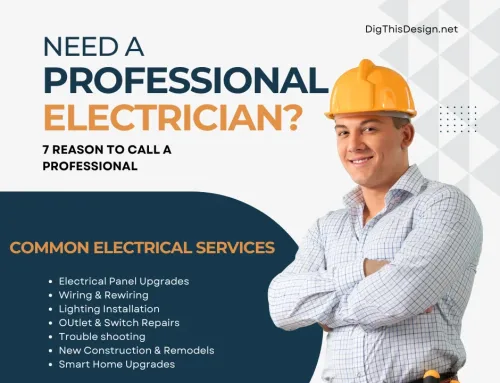So, you’ve heard the buzz about solar energy and want to know if your home meets the requirements for a solar panel installation. Solar energy is plentiful, clean, and can help you save money. Whether you’ve seen neighboring homes flaunting shiny solar panels or heard a friend singing its praises, there’s no denying that solar is the future of energy.
This article guides you on certain qualifications your home needs to get a solar panel installation.
3 Things to Consider for Your Home Solar Panels

1. Your Location
The most significant factor that determines if your home qualifies for solar panels in your location. So, you must identify the amount of sunlight you receive. That said, you don’t have to be in a tropical or sunny area to use solar panels. In general, solar panel installation works well in any climate, but more so in some areas.
Solar panel installation works the most in locations that have lots of direct sunlight. For instance, most of the US, except the extreme Pacific Northwest, is suitable for solar panel installation. Northern areas have less sun during winter. However, they make up for it during summer.
Southwestern, western, and southeastern US are best, with the desert and coastal regions receiving the most sun. If you live in Miami, Florida, which is in the southeastern part of the US, then solar panel installation is a good investment.
If you’re looking for a reliable solar panel installation contractor in Miami, check out these Miami solar panels. They’ve been in the lighting and solar industry for 20 years now.
2. Your Roof is Important for Solar Panel Installation
Once you determined how much sunlight your location receives, you then need to check if your roof qualifies for a solar panel installation. Traditionally, most residential solar energy systems are installed on the rooftop. Thus, it’s important to evaluate if your roof is a good fit and can accommodate the solar installation.
Orientation
What direction is the orientation of your roof? The right roof direction allows your solar energy system to capture enough solar energy. The ideal scenario would be a south-facing roof. However, a solar energy system is still economical on the west- or east-facing roofs. You may simply need to install extra solar panels to capture enough sunlight for your home’s electricity needs.
Tilt
Solar panels will work best when installed on a properly pitched roof so the panels are slanted towards the sun. The best angle for solar panels is at a 30-degree tilt. Still, this may vary depending on your location’s latitude.
Take note that you can still install a solar panel on a flat roof, but you’ll have to get extra brackets to tilt them.
Size
Is your roof huge enough to accommodate the solar panels you require? The answer will largely depend on your electricity needs.
Shade
If your home is surrounded by trees, neighboring tall buildings, or other obstacles that cast a shade on your roof, then your home may not be a good candidate. You also need to consider other obstacles on your own roof such as vents or chimneys that may cast down shadows on your panels.
Material
The best kind of roofing material is metal that allows for drilling. Composite and asphalt shingle roofs are also fine. Tile roofs, on the other hand, are harder to install since they’re brittle. If you have wooden roofs, a solar panel may not be suitable since it can be a fire hazard.
Condition
Solar panels help extend the life of your roof since they shield it from the elements and the harsh UV rays. That said, if your roof is almost at the end of its lifespan or there are obvious damages to your roof, then a solar contractor may ask you to replace or repair your roof first before you can have a solar panel installation.
Save yourself the expense and hassle of removing and reinstalling your solar panels after a few years just to repair and replace a worn and damaged roof.
3. Local Regulations
If you’re living in a community with a homeowners’ association (HOA), then you’ll need to check HOA rules if you’re allowed to install rooftop solar panels. Most will allow solar installation, but others can be restrictive. If you’re renting a home, you’ll need to discuss it with your landlord.
Conclusion
So you may have been wondering if your home qualifies for a solar panel installation. These are the factors that affect your eligibility for a solar panel installation. If you’re still unsure, you can still ask an expert to look at your home and conduct an on-site survey to determine if your home is a good candidate for solar panels.
Other Posts You Might Enjoy:
Renewable Energy at a Reasonable Price: The Benefits of Solar Panels
4 Tips to Build a Green Energy Efficient Home





